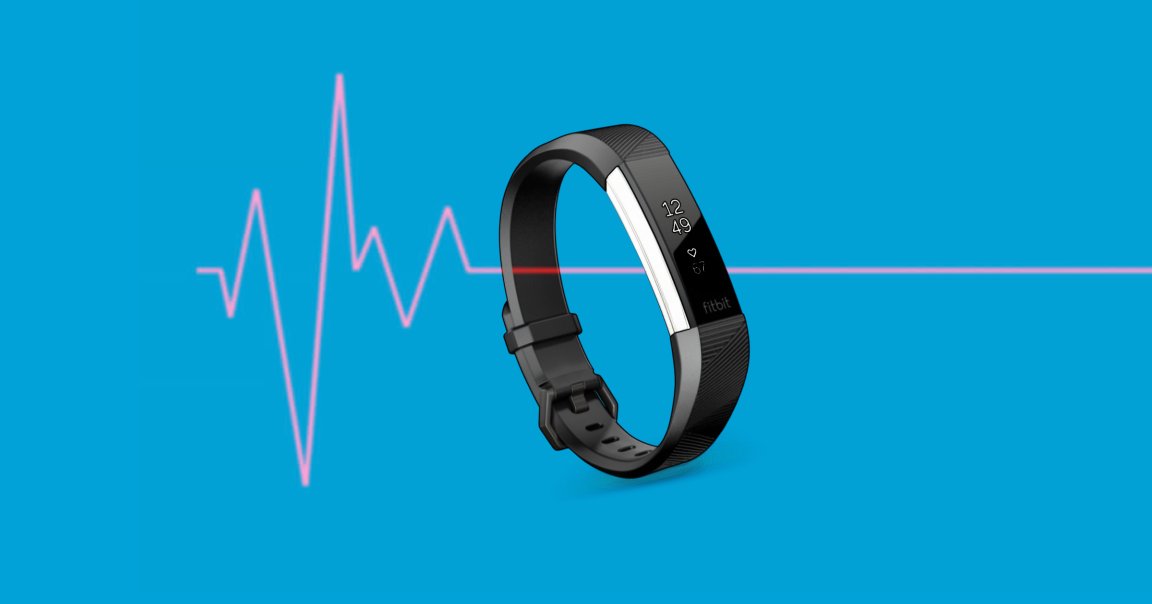
Murder She Wore
You might think of your fitness wearable as an easy way to track your health. But to police, it could be a digital witness to a crime.
Case in point: On Wednesday, The New York Times reported that investigators charged California resident Anthony Aiello with the murder of his stepdaughter Karen Navarra — based on data from her Fitbit.
Heart Stopper
On September 13, a coworker discovered Navarra’s lifeless body in the deceased’s San Jose home. According to the Times, when police questioned Aiello about his stepdaughter’s death, he told them that he had last seen her when he brought her homemade pizza and biscotti five days earlier. Aiello told them that his visit ended with Navarra walking him to the door.
But when detectives examined data from the Fitbit Navarra was wearing on the day of her death, they found that her heart rate had first spiked before slowing and stopping completely — all during the time of Aiello’s visit.
Data Cops
Fitbit declined to comment to the Times about the murder charge. But data from wearables has come up in many criminal investigations, the Times found, from a sexual assault case in Pennsylvania to a murder in Connecticut.
Police departments aren’t the only ones using data from wearables, either. Life insurance company John Hancock recently announced plans to let customers share fitness tracker data in exchange for discounts, raising concerns that other insurers could create policies that would reward healthy people and perhaps punish unhealthy ones.
The bottom line: Sure, letting a wearable collect your biometric data and store it on the cloud might help you hit your fitness goals — as long as you understand that the information isn’t particularly private.
READ MORE: Police Use Fitbit Data to Charge 90-Year-Old Man in Stepdaughter’s Killing [The New York Times]
More on wearables: A Wearable That Could Change Life for the Visually Impaired